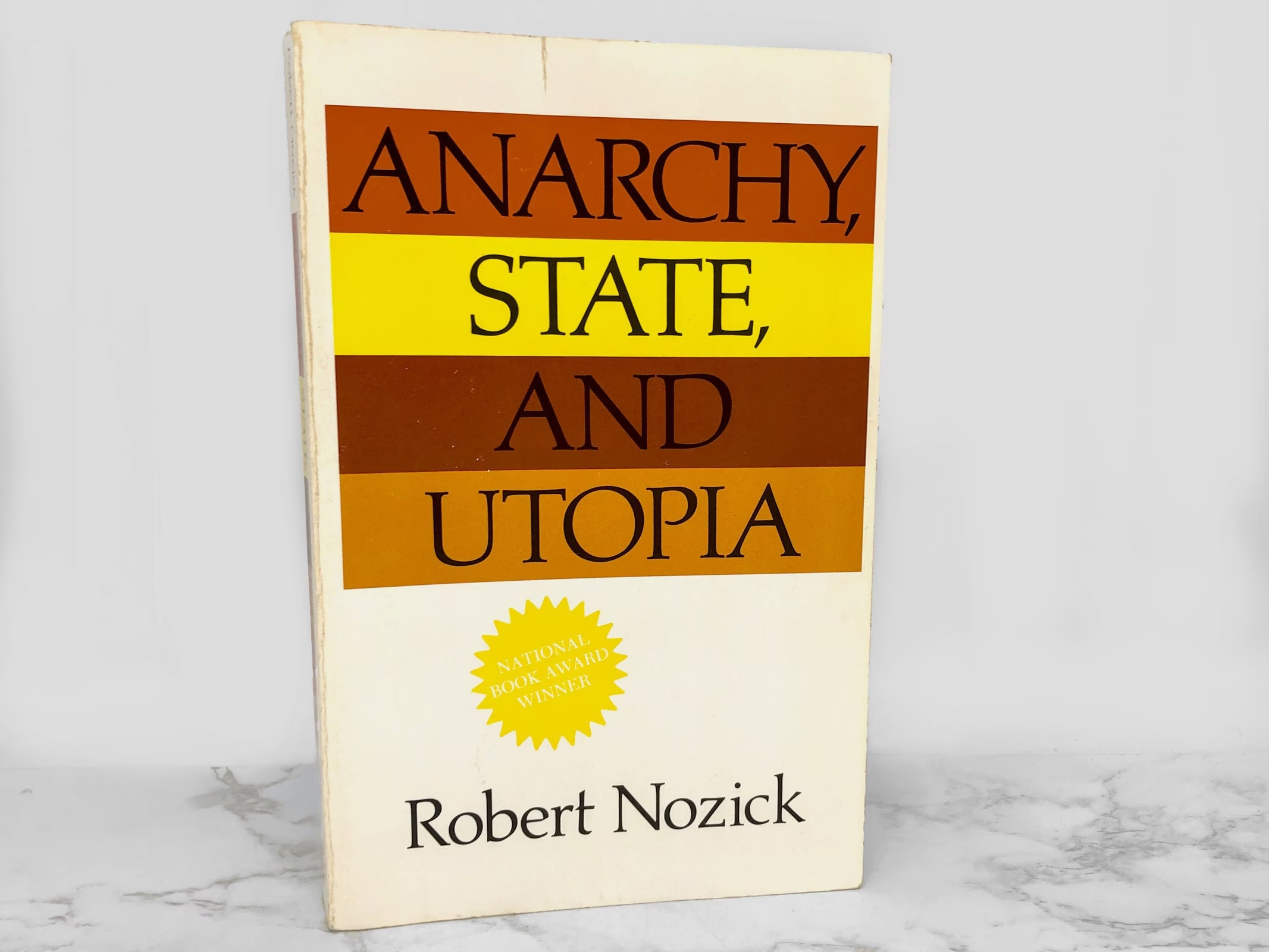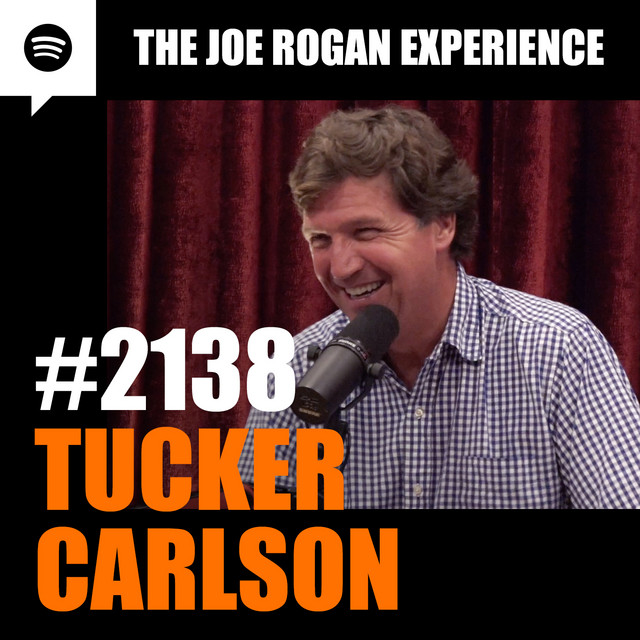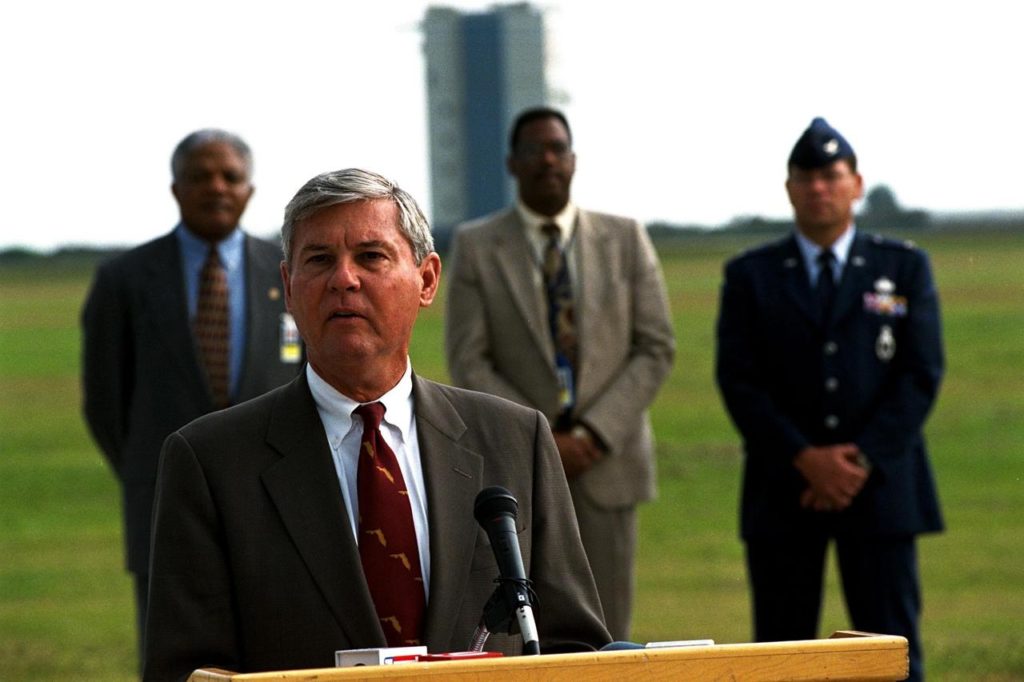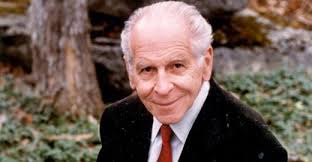Certain highs given by alcohol, laughing gas, huffing paint and the like, give a sense of euphoria by depriving the brain of oxygen. You can get a similar high by climbing a mountain, where the air gets thinner. And there is no mountain so high, where the thin air fills one with such sweet euphoria, as the moral high ground.
This spot of superiority—where you gaze down at your enemies, whom you imagine as ants, pests, and vermin—fills your breast with a sense of certainty: I am right, and they are terrible.
Such was the tone of the article, “I Don’t Know How To Explain To You That You Should Care About Other People,” by Kayla Chadwick.
She explains the “stumbling block” that prevents her from having conversations with those who disagree with her: they are heartless monsters.
Her accusations are these:
- Her enemies want families to starve.
- They want children to be deprived of education.
- They want sick people to die.
- They do not feel empathy.
She “cannot have political debates with these people.” And who can blame her? These are not people, they are monsters. Kayla is a good person; those who disagree with her are bad people. She wants to live in a society; they want to destroy society. Those who disagree with her economic naïveté do so because they are bad, not because they might know something which she does not. They know nothing worth learning.
Before you do something awful to someone, you have to dehumanize them, to create an emotional distance between yourself and your victim. In the book On Killing, Lt. Col. Dave Grossman explains that this can be done by creating “moral distance,” which “involves legitimizing oneself and one’s cause. It can generally be divided into two components. The first component usually is the determination and condemnation of the enemy’s guilt… The other is an affirmation of the… legitimacy of one’s own cause.”
In other words, by telling yourself “we are good, they are bad,” you can justify anti-social and immoral behavior, like refusing to talk to another human being, because (you tell yourself) they aren’t really human, they’re bad.
We all know that reality is much more complicated, but simple stories are powerful. They move us precisely because they are simple. And if the problem is simple, then the solution can be simple, too!
“If only it were all so simple!” Alexandr Solzhenitsyn, a victim of Stalin’s forced labor camps, reminds us. “If only there were evil people somewhere insidiously committing evil deeds, and it were necessary only to separate them from the rest of us and destroy them. But the line dividing good and evil cuts through the heart of every human being.”
These simple stories, which paint our enemies as “hordes of selfish, cruel people,” are meant to dehumanize, so that we no longer feel empathy. These simple stories are incredibly powerful, and incredibly dangerous. Leon Mugesera called the Tutsi of Rwanda “cockroaches.” Now, it is obvious that his accusations are not based in reality, but his powerful metaphor helped remove empathy from those who held the machetes.
And so I stand between Kayla and the accused waving an olive branch, offering a bridge away from the vitriol and the hate, and toward empathy.
It is possible that your enemies are not cruel hordes of selfish monsters. It is possible that they disagree with you, not because they hate poor children, but because your solutions might hurt those you want to help.
The most obvious starting point is Kayla’s call to support the minimum wage. Kayla implied that if you do not support the minimum wage it is because you want poor families to starve. It is possible that Kayla has so completely cut herself off from the viewpoints of her cruel enemies, that she has not read any valid criticisms against the minimum wage.
The minimum wage is a price floor. Price floors increase demand and reduce supply. The supply in this case is the number of jobs available. The minimum wage causes a shortage of jobs, which creates hardships for poor people who are trying to feed their families. I do not support the minimum wage, because I want poor people to be able to feed their families.
Healthcare debate is a tricky issue because it is such an emotional minefield. My brother is dying of stage IV cancer. He has four children under the age of ten. My grieving father understandably has called for abolishing profits for the healthcare industry. There are many other arguments about how to fix healthcare. Our healthcare system is a mess. I want poor people to have access to healthcare. I don’t want my brother’s family to be burdened with debt. But I am certain that I would disagree with Kayla’s solution to healthcare. Would she dare tell me it is because I am a monster? That I want my brother to die and his wife to be burdened with unrepayable debts?
Most of us would not dare to perform an appendectomy on a friend or loved one if they had appendicitis. This is not because we are monsters, but because most of us are not doctors, and we know that by cutting into our loved ones’ abdomens, we would likely do more harm than good. So when it comes to practicing medicine, most of us are honest enough to acknowledge our ignorance, even when it comes to comparatively simple and minor surgery. But when it comes to restructuring the healthcare industry itself, many of us take on the air of Mussolini, and believe we are up to the task.
If it were as simple as paying a bit of taxes towards healthcare costs, very few would oppose that. Both Bernie Sanders and Ron Paul, who are nearly political opposites, advocated cutting military spending to pay for healthcare for the poor. This is hardly a partisan issue.
But the healthcare debate is not that simple. Many, like my father, advocate eliminating profits from healthcare, or in instituting price controls. Their intent is to make healthcare affordable, the result would be the opposite. Price controls create shortages. No one wants a shortage of healthcare. Removing profits would have similar negative consequences. So even if our intentions are angelic, if our solutions are guided by a misunderstanding of economics, we could do more harm than good. Think botched appendix surgery, but for everyone who needs medical help.
If someone disagrees with you on healthcare, it is possible that they are a monster. But it is more likely that they worry your solution could ruin the healthcare system, hurting the very people you want to help.
I hope reading this has helped release some of the hostility you feel towards those who disagree with you. There are good reasons to love our enemies, not the least of which is the knowledge we gain when we reach across the aisle, and have a conversation with someone whose opinions seem monstrous. Simple stories about monsters are fairy tales for children, better reserved for campfire tales than serious political dialogue. A complex, nuanced view of reality is the hard-won reward of adult conversation.











